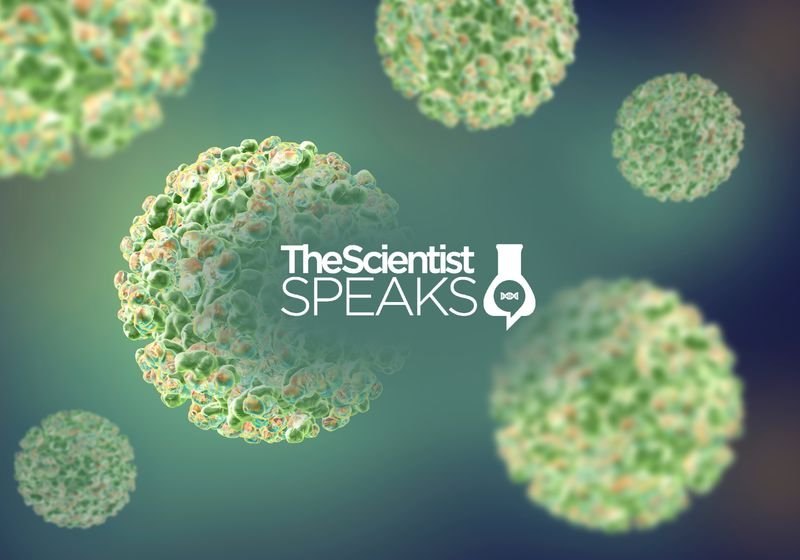Just like people declutter their homes to prevent the accumulation of broken or unwanted items, cells use autophagy to maintain homeostasis. This essential cleaning process enables them to capture and degrade unnecessary or dysfunctional macromolecules, such as damaged organelles, protein aggregates, and microbial pathogens. As a result, autophagy is a fundamental defense mechanism employed by cells to control and clear viral infections.
In this episode, Charlene Lancaster from The Scientist spoke with Josephine Thinwa, an assistant professor in the departments of internal medicine and microbiology at the University of Texas Southwestern Medical Center, to learn more about the importance of autophagy in mitigating viral infections and how understanding this process could help physicians treat a rare neurodevelopmental disorder.
More on this topic: Macrophages Curtail Tuberculosis
The Scientist Speaks is a podcast produced by The Scientist’s Creative Services team. Our podcast is by scientists and for scientists. Once a month, we bring you the stories behind news-worthy molecular biology research.
Speaker:
Josephine Thinwa, MD, PhD
Assistant Professor, Departments of Internal Medicine and Microbiology
Member, Division of Infectious Diseases and Geographic Medicine
University of Texas Southwestern Medical Center

